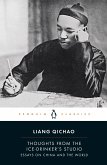
12,99 €
Sofort lieferbar
Broschiertes Buch
Essays on China and the World
26. Oktober 2023
Penguin Books Ltd
| eBook, ePUB | 10,99 € |

10,99 €
inkl. MwSt. und vom Verlag festgesetzt.
Sofort per Download lieferbar
8,00 €
inkl. MwSt. und vom Verlag festgesetzt.
Sofort per Download lieferbar
eBook, PDF
29. Juni 2005
Bautz, Traugott
Ähnliche Artikel
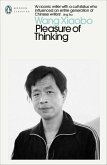
20,99 €
Versandfertig in 2-4 Wochen
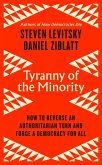
28,99 €
Versandfertig in 2-4 Wochen
Gebundenes Buch
How to Reverse an Authoritarian Turn, and Forge a Democracy for All
5. Oktober 2023
Penguin Books Ltd
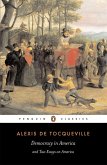
23,99 €
Versandfertig in 2-4 Wochen
Broschiertes Buch
Introduction ans Notes by Isaac Kramnick
24. April 2003
PENGUIN
42787
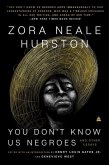
29,99 €
Versandfertig in 2-4 Wochen
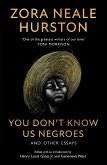
14,99 €
Versandfertig in über 4 Wochen
Broschiertes Buch
14. September 2023
HarperCollins Publishers
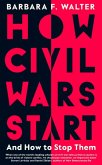
21,99 €
Versandfertig in über 4 Wochen
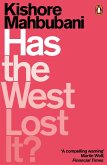
13,99 €
Versandfertig in 3-5 Tagen
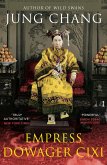
11,99 €
Sofort lieferbar
Broschiertes Buch
The Concubine Who Launched Modern China
3. Juli 2014
Random House UK / Vintage
619761
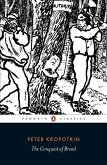
17,99 €
Versandfertig in 2-4 Wochen
Ähnlichkeitssuche: Fact®Finder von OMIKRON

